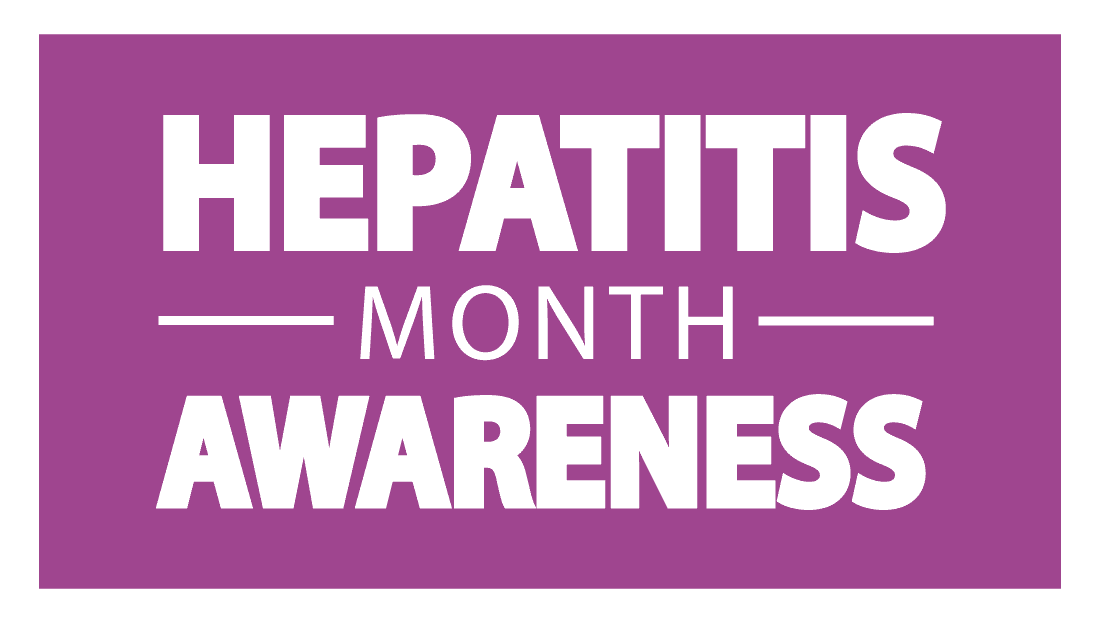
As the Centers for Disease Control and Prevention seeks to raise awareness about hepatitis by designating the month of May as Hepatitis Awareness Month, the need for partnerships and for a collaborative approach to addressing public health issues becomes even clearer. The role pharmacists can play is essential.
|
The most common types of viral hepatitis are hepatitis A, hepatitis B and hepatitis C. While each can produce similar symptoms, each hepatitis virus affects the liver differently, has different routes of transmission, and has different populations that are commonly affected. During May, The Centers for Disease Control and Prevention (CDC) and its public health partners work to shed light on this hidden epidemic by raising awareness of viral hepatitis. Visit the CDC website for comprehensive resources. Millions of Americans are infected with viral hepatitis, which, untreated, can progress to a chronic infection that can cause serious health problems including liver disease and liver cancer. Most people with chronic hepatitis don’t know they are infected and can live with the disease for decades without having symptoms or feeling sick. The CDC is particularly focused on baby boomers (ages 53-72) and recommends that everyone born between 1945-1965 be tested for hepatitis C. |
The need for partnerships and an expanded role for pharmacists:
- U.S. Surgeon General Jerome Adams, M.D., M.P.H., recently issued a statement stating, “As public health professionals, we have a unique opportunity to leverage our influence and leadership to forge stronger partnerships that can more effectively promote public health and prevention.” Adams specifically highlighted HIV, hepatitis C, the opioid abuse epidemic and antibiotic-resistant bacteria as public health threats.
- A study by the Johns Hopkins Center for Health Security and funded by NACDS—”Serving the Greater Good: Public Health and Community Pharmacy Partnerships”—points to the untapped potential for pharmacies to be an integral part of confronting public health challenges and states that pharmacy can be a part of preventive care services to advance public health such as, “immunizations for hepatitis and screenings for HIV and hepatitis C virus infection.”
 |
Now more than ever, in a time of declining public health budgets, public health should leverage pharmacies to advance community-based priorities. |
 |
|
—”Serving the Greater Good: Public Health and Community Pharmacy Partnerships,”—a Johns Hopkins Center for Health Security study |
||
- In recent comments to the House Energy and Commerce Health Subcommittee, NACDS noted the specific ways pharmacists can be effective in battling opioid abuse, including screenings and immunizations related to hepatitis B, hepatitis C and HIV. On a related note, the Subcommittee voted to advance 56 bills designed to address the opioid abuse epidemic to the full House Energy and Commerce Committee and one of the advanced measures was NACDS-backed H.R. 3528, the Every Prescription Conveyed Securely Act. The bill is expected to be examined by the full Committee in a legislative markup in May.
- Separate from NACDS, the NACDS Foundation has funded studies to evaluate a model which may provide patients with increased access to HIV and hepatitis C testing and link patients to a specialized physician or health department for follow-up care.